I loved a recent article on Traveller listing the 13 best cities you’ve never thought of going to, listing Taipei, the place of my birth among the other exotic and fantastic cities around the world.
Personally the idea of visiting places that may not be on the mainstream travel itineraries gives you an alternative view of the world, but I think they should always be visited under the right presumptions and guidance.
I say this because there was ONE particular statement in the article that caught my attention:
“While you wouldn’t go to Taipei looking for history – it’s barely older than some Australian cities – you would go there looking for something to eat.”
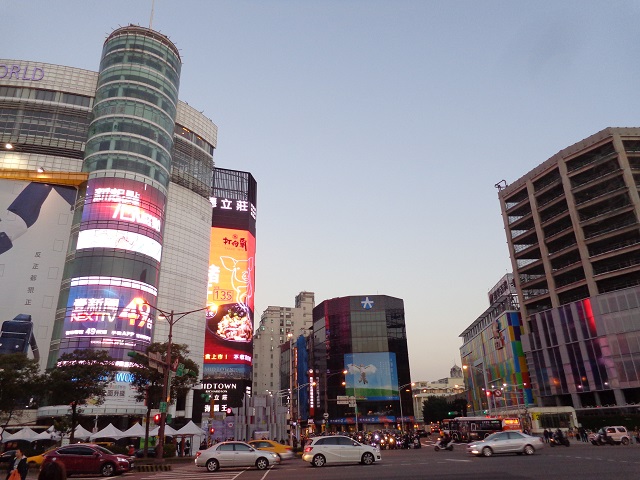
Taipei has no history? This is a statement as controversial as saying Australian history only began in 1777 when it was “discovered” by Cook, and all that indigenous history doesn’t count.
Actually, I am not offended. After all, how much allegiance can a person who left the country at ten years of age really feel towards its nationalism?
However, I do know a little about Taipei history, and I do want to correct this claim, in the same way that I try to break down stereotypes forced upon certain people when I travel, and I am doing this only because I know, there is so much more to Taipei than Din Tai Fung.
Especially if you enjoy learning about the sort of history no one likes to talk about.
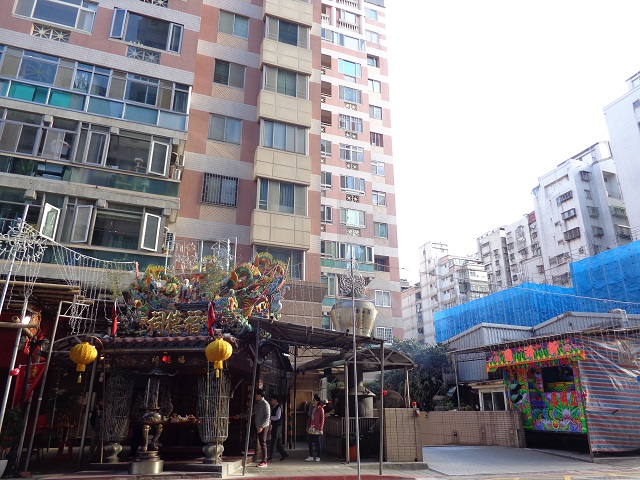
Brief history of Taipei (and the rest of Taiwan)
The earliest recorded history of Taipei began during the mass immigration of Han Chinese from mainland China to settle in the region of the Taipei basin (today’s Taipei city).
This was back in 1709. Before and after this, many people have moved here to settle, the seafarers of surrounding islands, including those from as far as the Philippines and Indonesia.
However, the unrecorded history of Taipei began much much earlier, of course, with the island’s indigenous population – the Ketagalan tribes.
Unfortunately, like many other indigenous people of the world, their language no longer exist, and to be honest, I don’t think there are any more full-blooded Ketagalan people now.
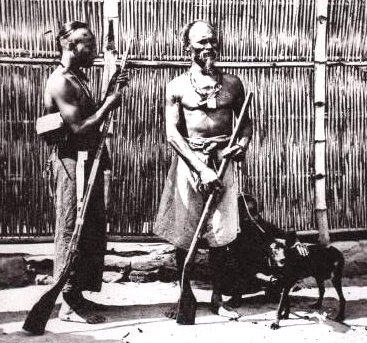
Visitors could however, visit the Ketagalan Culture Center to learn more about this indigenous tribe. Many parks and galleries around the city also have regular exhibitions on the indigenous culture throughout the year.
Speaking of the Taiwanese indigenous people…
When it comes to tribes, it is similar to the Australian indigenous tribal division. There were around 16 main tribal groups and many more little minor ones around the island.
The Taiwanese indigenous people are believed to be the original Pacific Islanders, with DNA studies showing a link where the Austronesian population came from Taiwan, these include natives of Papua New Guinea, Polynesia, the Maoris of New Zealand and the native Hawaiians.
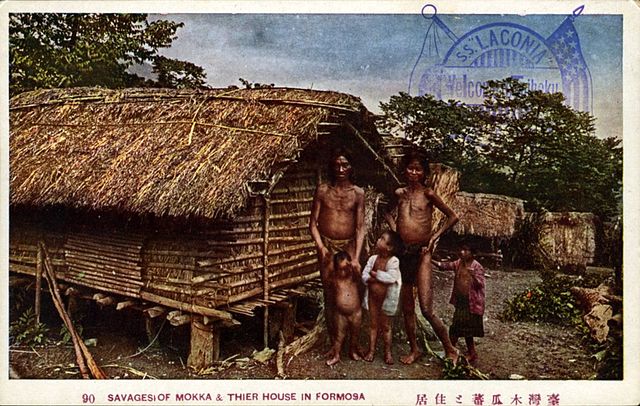
Today, it is claimed that many tribal groups still share some similarity in their language, and Taiwan hosts a bi-annual Austronesian Cultural Festival where indigenous groups of linguists and performers gather and share their cultural heritage and celebrate the indigenous cultures of Austronesia.
Taipei’s Japanese colonial history
Taiwan was a Japanese colony between 1895 and 1945, and you can still see a lot of the colonial buildings around Taipei, where it was where a lot of the Japanese government officials lived and worked.
This includes the Presidential Palace, which you can visit on a guided tour.
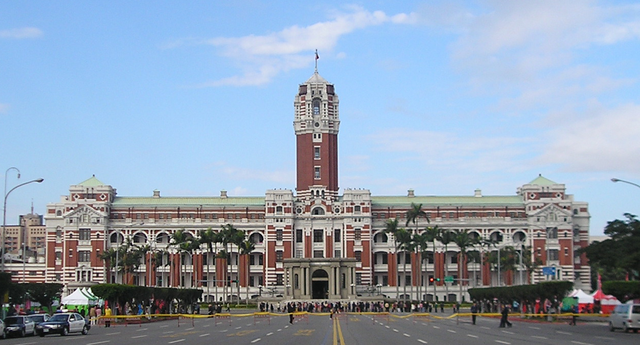
In fact, walking around the backstreets of parts of Taipei, you might think you have somehow been transported to Japan. A lot of the modern Taiwanese culture (including the fascination with everything that’s cutesy) have heavy Japanese influences.
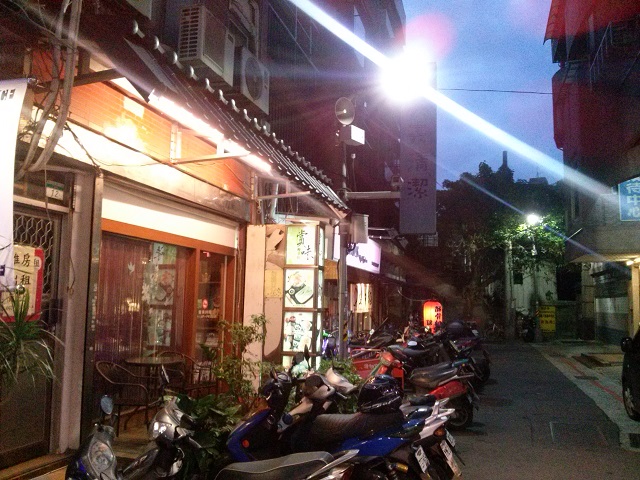
The government has recently started a Old House Movement project to restore some of the derelict colonial houses and turning them into tea houses and exhibition spaces.
I highly recommend a cup of tea at Rinbansyo (No. 174, Section 1, Zhonghua Road, Wanhua District), in the midst of Taipei’s hip Ximending district (old Japanese quarter), where you can sample some of Taiwan’s prized Oolong teas as well as enjoy a bit of tranquility among the chaos. The house was a high priest’s residence during the Japanese rule.
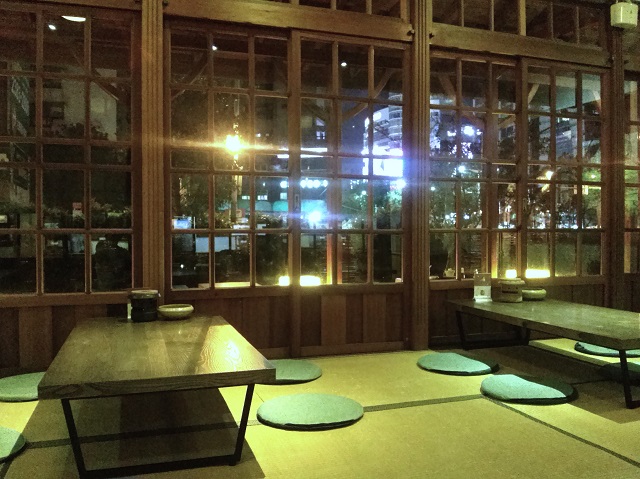
Some of China’s old cultural relics are in Taipei
You might have heard that China went through a period of Cultural Revolution. Many of the old historic artefacts and literature were destroyed to make way for a new China.
When the Nationalists (the revolutionaries who over-threw the imperial rule to make China a republic) lost the civil war and retreated, the most convenient place for them to settle is of course, Taiwan – this is the reason why Taiwan’s formal political name is Republic of China, and mainland China is People’s Republic of China.
Although today, due to the increased nationalism in Taiwan and the desire to breakaway from the Chinese mould, they will call the country ‘Taiwan’.
Anyway, getting of the topic. When the Nationalists retreated they took with them a lot of these historic artefacts with them and as a result saved them from destruction at the hands of the communists. These are now on display at the National Palace Museum in Taipei.
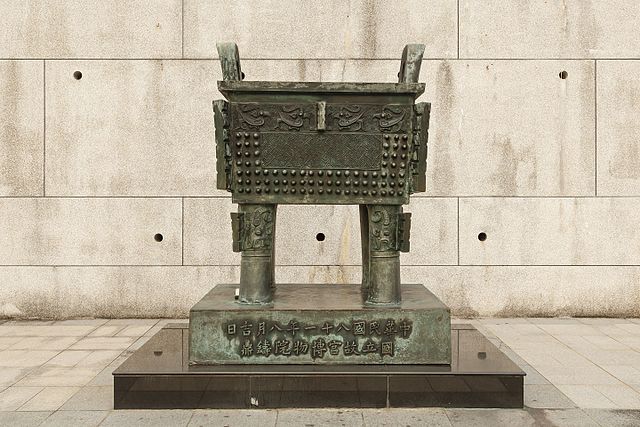
Yes, Taipei is a bit about food too (among many other reasons to visit)
I can’t deny that food is something the Taiwanese are very passionate about – but that pretty much goes with a lot of other cultures!
Food gets really exciting in Taipei too. Street food is big of course, but you’ll have some experimental dining too as well as themed cafes. You really could get really quirky in Taipei with food if you really wanted to.
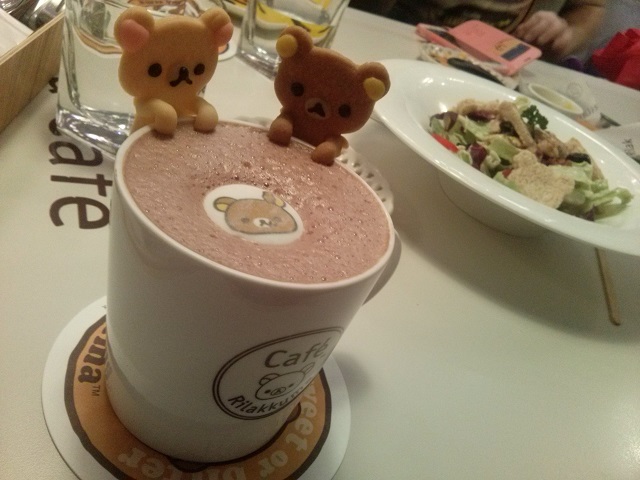
What is exciting is that while Taipei is a modern, polite and efficient city (takes after the Japanese) and has plenty of dining options, much of the traditional culture still remain.
All you need to do is to visit and check them out.
And the best thing? Australian passport holders don’t require a visa to visit!
Having said all this…
I am not dissing the Traveller article. I just wanted to justify a few things about a place I know and have grown to like as an adult. By all means, you should visit these cities in the article because it’s only through visiting all these different places can we actually learn about the place themselves (and at the same time, remove assumptions!).
And there is absolutely nothing wrong with visiting cities. Some may think cities are not representative of the culture you want to experience, but that’s once again, an assumption itself. Cities are where people work, live and play, and the way a city runs and manages itself is a reflection on how the culture deals with modernisation. It is as much part of a culture as anywhere else you will experience in any country!
More on Taipei and Taiwan on this blog:
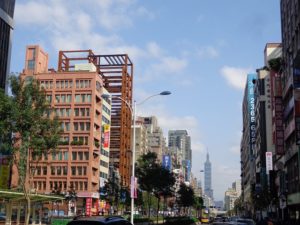
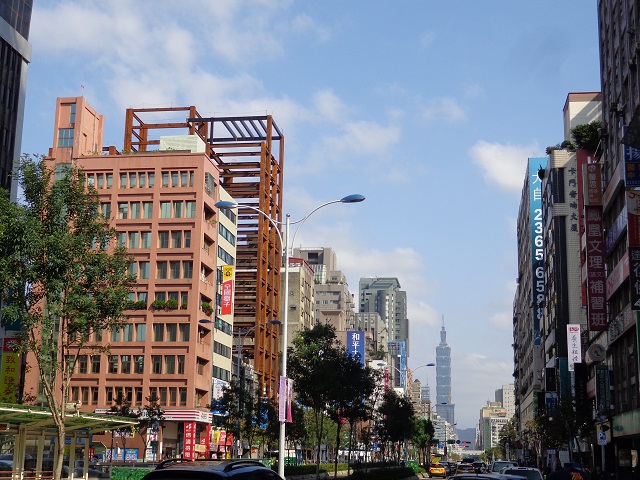
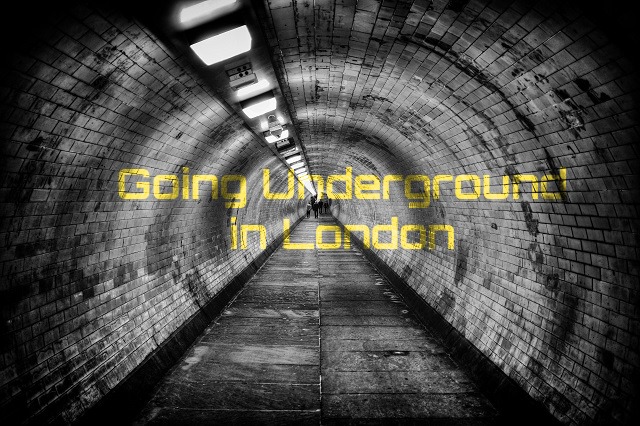 Getting trendy with the underground in London
Getting trendy with the underground in London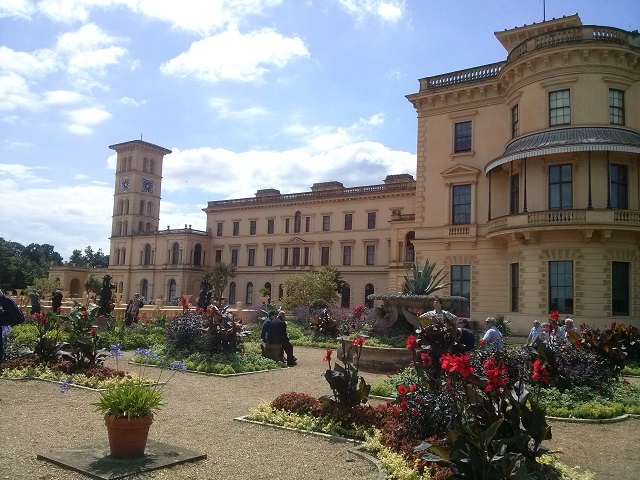
Share your thoughts below!